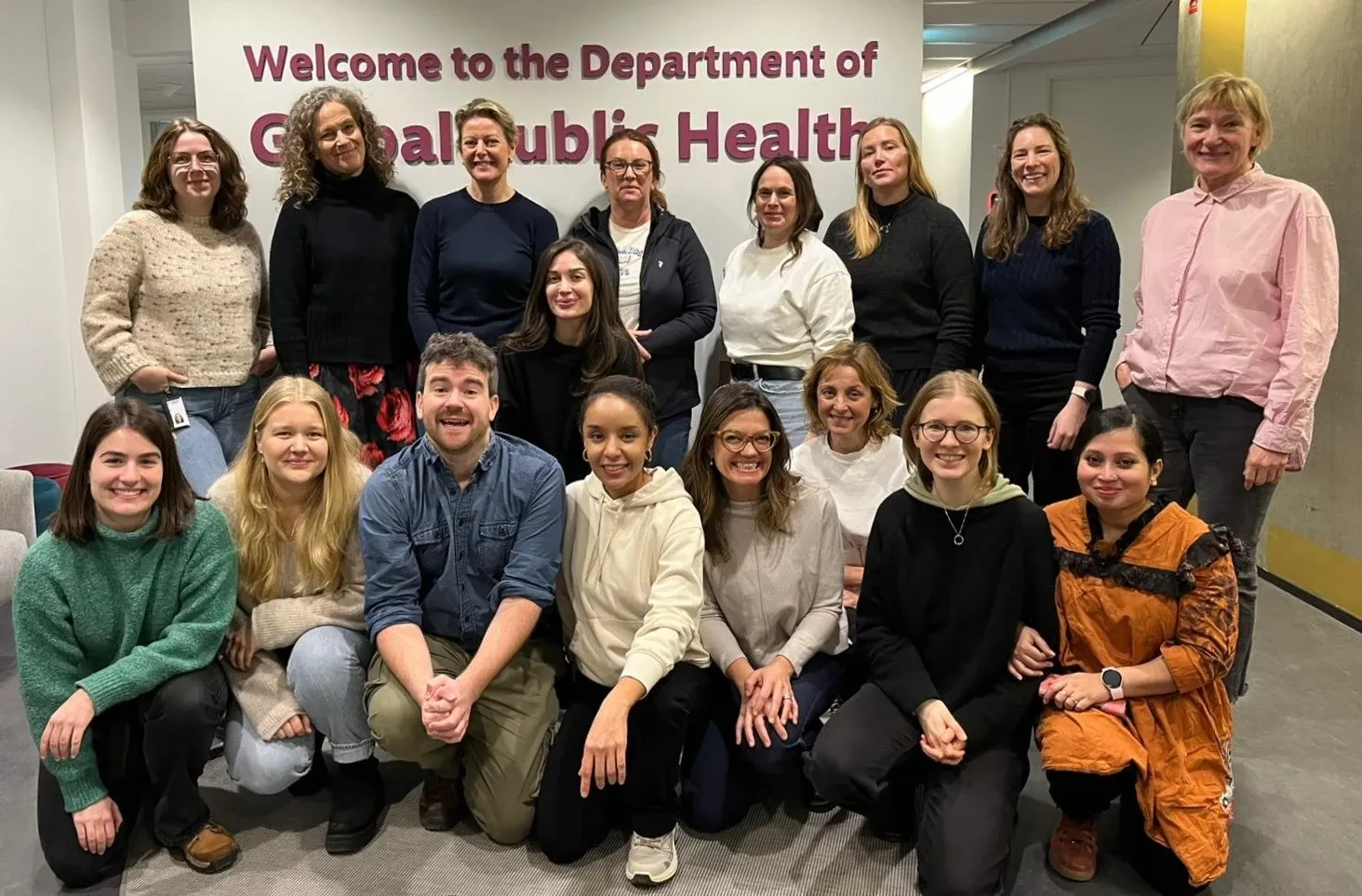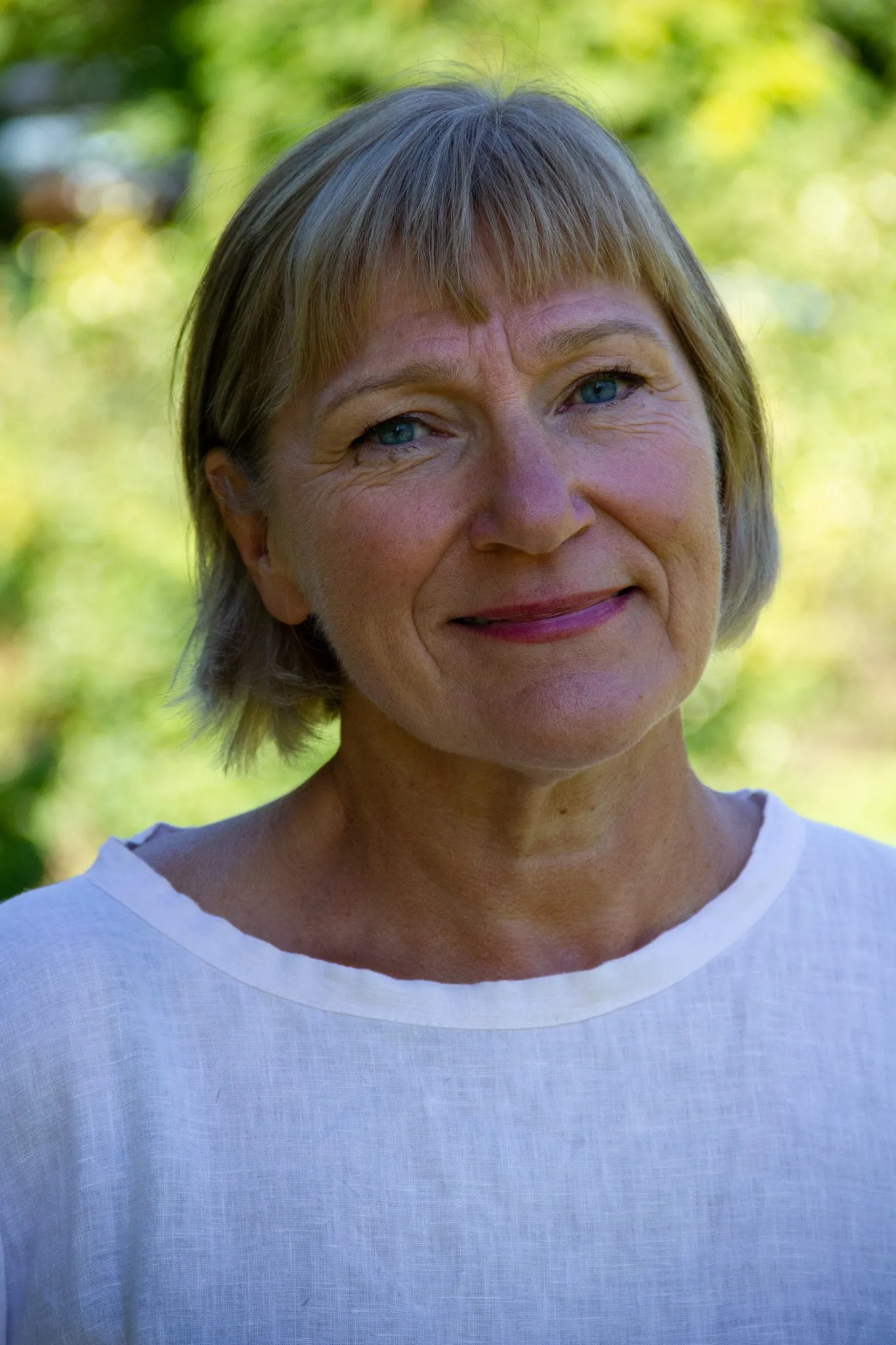Course that prepares participants for medical humanitarian aid work commences at Karolinska Institutet

On 20 January, a new group of participants gathered at Karolinska Institutet (KI) for the first lesson in a slightly different course. The participants are all potential future medical humanitarian aid workers and will be taking the course this spring. It will prepare them for future work in health crises, disasters and low-resource areas.
The course Health Assistance in Humanitarian Crisis is a collaboration between the research group Global Disaster Medicine - Health Needs and Response at KI and Médecins Sans Frontières (MSF) Sweden. It is one of the courses that have been made possible thanks to funding from the Kamprad Family Foundation, and with support from the Centre for Health Crises at KI. The implementation of the course is also supported by the Executive and Professional Education at KI.
In the course participants will learn how to plan and implement humanitarian health interventions, preparing them for future work in the field. In addition to global health and medical work in humanitarian crises, the course focuses on sexual and reproductive health and rights, child health, communicable and non-communicable diseases and epidemic outbreaks, and project planning and response. The course is aimed at anyone who wants or plans to work in medical projects in humanitarian crises, both clinical medical staff and staff in operational support functions.

Changing situations on the ground require updated teaching
Anneli Eriksson is the course leader and has herself worked in several humanitarian crises:
– We have been running this type of course in co-operation with MSF for many years and it is always rewarding to welcome new participants. We think that this type of course is important for people who will be working in humanitarian missions, in order to maintain a high quality of the assistance provided.
This year is also the first time the course is being run based on a new, updated model, which we have developed thanks to the support of the Kamprad Family Foundation and with the help of the Executive and Professional Education at KI.
– Global health and humanitarian assistance are constantly evolving, so in order for what we teach to be relevant and useful in practice, it is important that we update our courses along the way, says Anneli.
New skills to use on humanitarian missions
In four course modules, which mix distance learning with lessons and exercises at KI's campus in Solna, participants will learn more about medical work and project management under the special conditions that exists in health crises, disasters and in low-resource areas.
The idea is that the course participants will then be one step further on the way to working in MSF's medical humanitarian missions in particular, where they will be able to put what they have learnt here into practice.
Would you like to know more about this, and other courses offered by Global Disaster Medicine - Health Needs and Response at KI? Visit the group’s website for more information.
